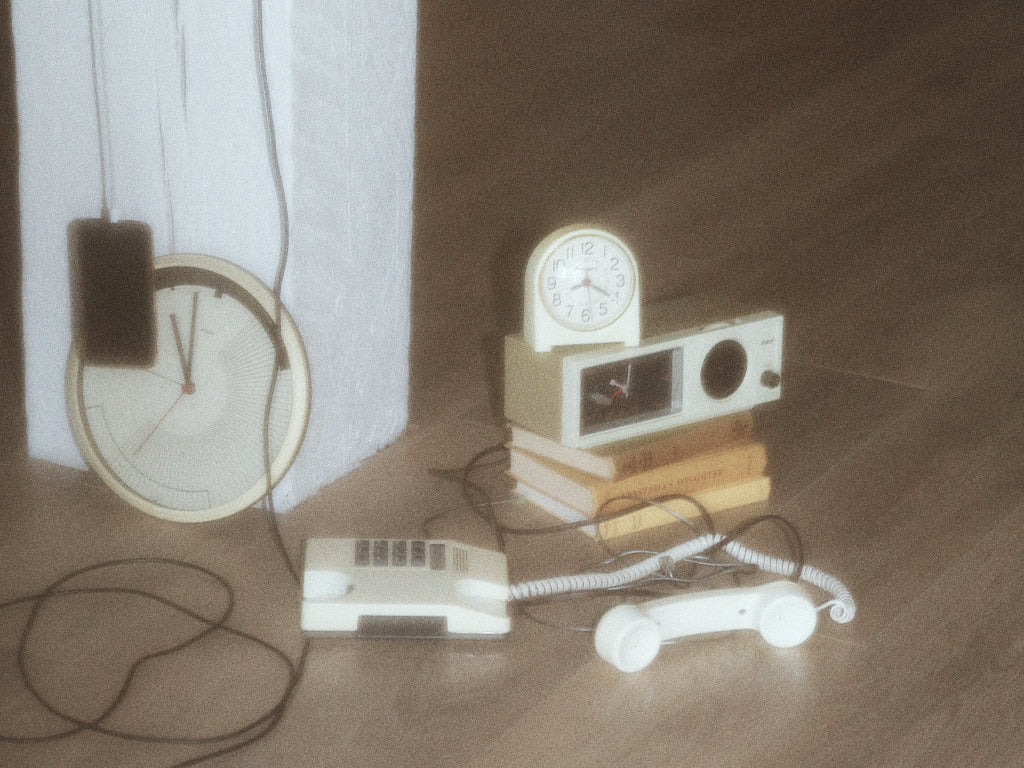A few months ago, I decided to leave a job that I loved. For a little more than a year-and-a-half, I’d led the Canadian arm of a successful, consumer-facing tech company, overseeing all marketing and growth north of the border. This job had represented a career switch-up for me. Previously, I had been a writer and editor, only briefly dabbling in the field of marketing before I was hired. It was a steep learning curve, but one I respected and grew from.
It was the kind of role that was not only internally nurturing, but was also big enough to really take me somewhere in the broader sense of career development. Surrounded by stories, as we all are, about the glamour of being a CEO or entrepreneur, the woman-in-charge, the Girlboss, I figured I was finally on that track. But seeing it swirl around me, attending the networking events and listening to the podcasts, I couldn’t be sure. Control over my career sounded great, but I wasn’t sold on climbing the ladder—or even building my own, as entrepreneurs do.
Here’s the thing with so many jobs these days: they become your identity. In the Girlboss era, what you do for a living makes up maybe a quarter of the important things in your life (alongside family, social life, friends, civic life, politics, sports—whatever it is that gets you going when you’re not working), but it makes up a whole lot more of your external identity. You probably put your job title or industry of interest in your Instagram bio; it’s one of the first things you ask about when you meet someone new (“What do you do?); and it makes up the rhythm of your social media presence and consumption (“But first, coffee.” “Happy Humpday.” “Back to the grind.” Etc. Etc.). I know this because I see it and do it too. The busyness, the work, the “grind”, the hustle, they’re all glorified by the media and then reverberate through social media as we pass the message on to each other.
"In the Girlboss era, what you do for a living makes up maybe a quarter of the important things in your life, but it makes up a whole lot more of your external identity"
The fact remains: society likes to categorize women, put them in boxes, assign labels. We are a mother or a boss or an entrepreneur or a wife or a friend or a daughter, while in reality, we might be all of these things, and many others (cook, dog-walker, writer, eater, reader, wine-drinker, shopper, sailor, traveller are just some of my identities). Helped along by the requirement of a social media “brand”, women are asked to take on just one. The Girlboss/CEO/entrepreneur identity is the newest of such categories—and it’s an empowering and appealing one. It’s the label that finally acknowledges that women are as ambitious as men.
Don’t get me wrong: there is absolutely nothing wrong with women wanting everything encapsulated by this identity. The part, I think, that is worth resisting, is that there is only one path—one way to be successful, one assigned identity. It is the same resistance we should always have to the ideal woman construction. The thing we should acknowledge is that there are many versions of working women and each individual intersection is worth applauding and celebrating.
"There are many versions of working women and each individual intersection is worth applauding and celebrating"
In the end, the control I want right now is to be independent and to define success and fulfillment on my own terms—to hustle, sure, but for myself and without the pressure of climbing the ladder. If I'm being totally honest, I felt very unsure about my decision to leave my job, not because I wasn't sure if it was the right decision for me (I knew it was), but because, to an extent, I was breaking out of this new model of what a working woman should be.
"It’s a relief to detach myself from the identity my work gave me and to think of myself as more than that"
That’s not to say I’ll be self-employed forever—I may well go back to full-time work for a single company. For now, though, I feel grateful to consult for a range of interesting brands (including the one that I was employed by), and to define that work myself in the context of my life and the myriad aspects that make up the whole. It’s a relief to detach myself from the identity my work gave me and to think of myself as more than that, but also, egotistically, scary in that my identity is no longer relevant or idealized by the culture. Either way, my decision-making itself was the empowering part, not the fact that I now work independently. Any decision I make about my career or life going forward that is made for myself and not to fulfill the ideal, I know, will have the same effect.
This post is tagged as:
You may also like...
The Latest
People & Places
How Ara Katz is Redefining “Self-Care” as Rooted in Science with Seed
The co-founder, mother, and self-proclaimed serial entrepreneur unpacks her philosophy on what it means to be well. Ara Katz hates the word “success”. Not because of its listed definition in a di...

Do Good Werk
9 Passive-Aggressive Email Phrases That Are Basically Evil
A Rosetta Stone for every time you want to :’).

Woo Woo
Get to Know Your Astrological Birth Chart
How to find meaning in the stars — and what it means for you.

People & Places
The 5 Best Places In New York To Meet Your Next Investor
Where to rub shoulders with the city's movers and shakers.

Do Good Werk
10 Unhealthy Thoughts You Convince Yourself Are True as a Freelancer
If you work alone, you might be particularly susceptible to distorted thoughts that hurt your mental health.

People & Places
Creating a Conference-Meets-Summer-Camp for Adult Creatives
An interview with Likeminds founders Rachael Yaeger and Zach Pollakoff This past September, I sat in front of an obituary I wrote for myself after a session with a death doula. No, I didn’t know w...

People & Places
When Something Golde Stays: An Interview with Golde’s Co-CEOs
“For us it was never a question,” says Issey Kobori, speaking of the decision to build a business with his partner Trinity Mouzon Wofford. At just shy of 27, Kobori and Wofford have secured a host ...

Better Yourself
Are They Toxic? Or Are They Human?
There’s a difference between putting up boundaries and putting up walls, and the latter is what breaks relationships.

Do Good Werk
How To Combat Seasonal Affective Disorder At Work
Here’s what to do if seasonal affective disorder starts to take a toll at the office.

People & Places
Reclaiming Womxn's Wellness Spaces from a White-Dominated World
How The Villij built a collective that their community can connect to.









